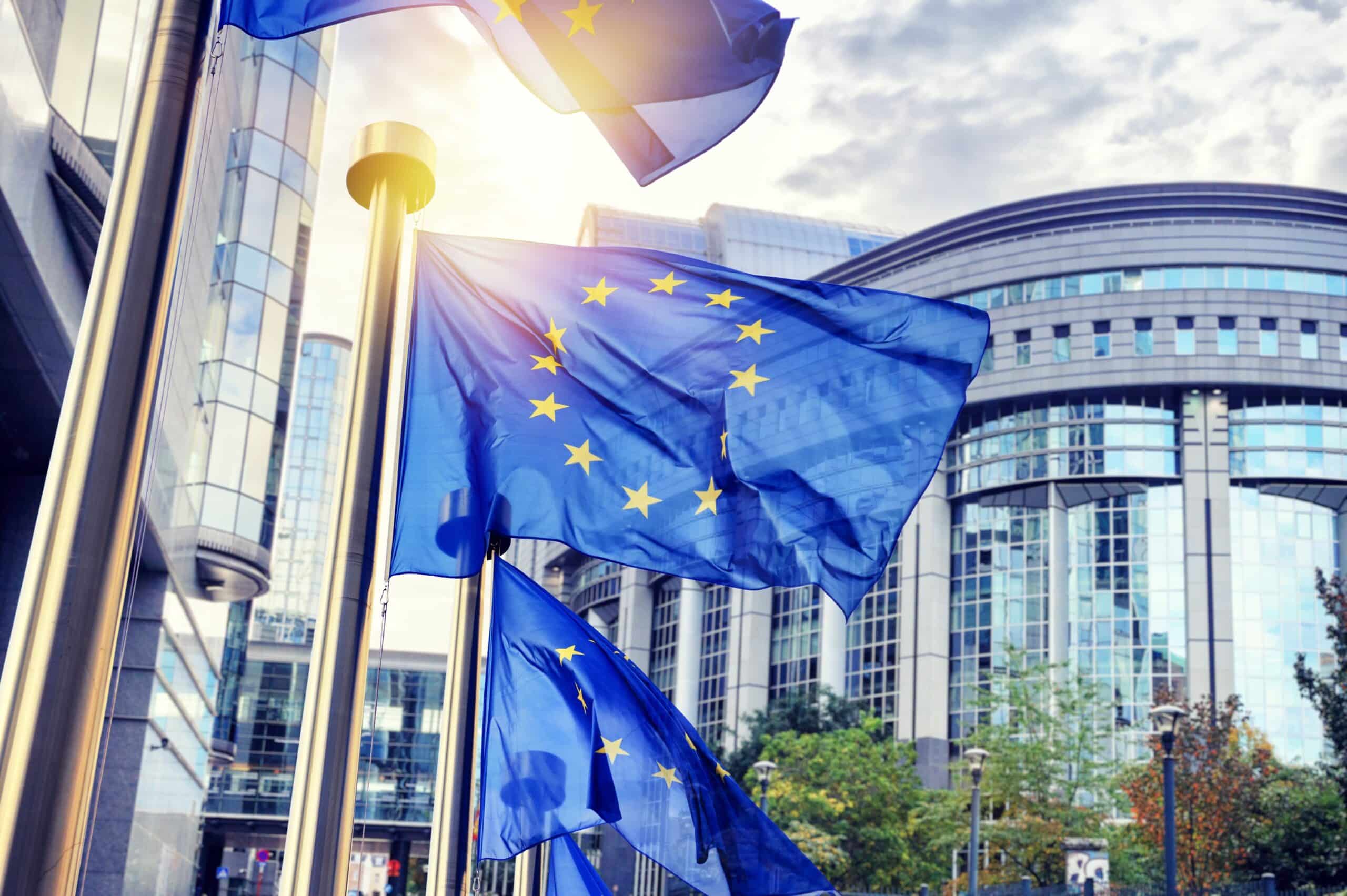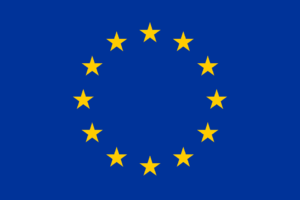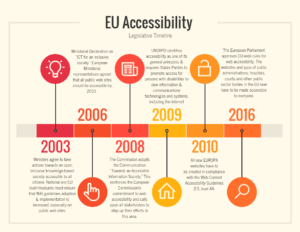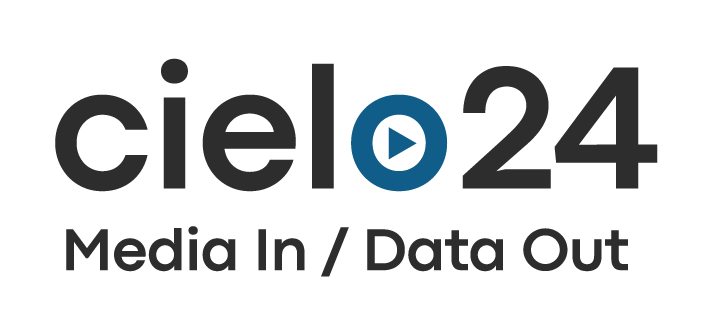Canadian Web Accessibility Laws and Policies There are various laws and policies that support web…

Guide to EU Web Accessibility Laws and Policies
EU Web Accessibility Laws and Policies
There are 3 main EU web accessibility laws and policies that ensure equal access for individuals with disabilities. These laws work to bring accessibility into the public sector. Before their adoption, only government websites were required to be accessible.
Adoption of the United Nations Convention on the Rights of Persons with Disabilities
The first of the three EU web accessibility laws and policies we will discuss is the UNCRPD. In 2010 the EU ratified the United Nations Convention on the Rights of Persons with Disabilities (UNCRPD). This treaty’s purpose is to:
promote, protect and ensure the full and equal enjoyment of all human rights and fundamental freedoms by all persons with disabilities, and to promote respect for their inherent dignity.

Founded on 8 general principals, the UNCROPD makes great strides in improving access and quality of life for individuals with disabilities. These principles include:
- Respect for inherent dignity, individual autonomy including the freedom to make one’s own choices, and independence of persons
- Non-discrimination
- Full and effective participation and inclusion in society
- Respect for difference and acceptance of persons with disabilities as part of human diversity and humanity
- Equality of opportunity
- Accessibility
- Equality between men and women
- Respect for the evolving capacities of children with disabilities and respect for the right of children with disabilities to preserve their identities
In terms of online accessibility, there are two Articles that directly address it: Article 9 – Accessibility and Article 21 – Freedom of expression and opinion, and access to information.
Article 9 states that persons with disabilities should be able to live independently and participate fully in all aspects of life.
It requires States Parties to take appropriate measures to ensure to persons with disabilities equal access to the physical environment, transportation, information and communications (including information and communications technologies and systems), and other facilities and services open or provided to the public.
Article 21 states that States Parties must ensure that people with disabilities can exercise their right to freedom of expression and opinion.
This includes the freedom to seek, receive and impart information and ideas on an equal basis with others through all forms of communication of their choice. Requirements include:

- Providing information intended for the general public to persons with disabilities in accessible formats and technologies appropriate to different kinds of disabilities in a timely manner and without additional cost
- Accepting and facilitating the use of sign languages, Braille, augmentative and alternative communication, and all other accessible means, modes and formats of communication of their choice by persons with disabilities in official interactions
- Urging private entities that provide services to the general public, including through the Internet, to provide information and services in accessible and usable formats for persons with disabilities
- Encouraging the mass media, including providers of information through the Internet, to make their services accessible to persons with disabilities
- Recognizing and promoting the use of sign languages
In total, there are 50 articles that cover different areas of disability life such as Health, Education, Liberty of movement and nationality, Women with disabilities, etc.
EU Directive
One of the most recent EU web accessibility laws and policies is the EU directive on website accessibility. On October 26, 2016, the European Parliament approved the directive which establishes EU-wide rules for accessibility on public sector websites and mobile apps.
According to this ruling, the websites and apps of public administrations, hospitals, courts and other public sector bodies in the EU will have to be made accessible to everyone. The web accessibility directive should make it easier for disabled and elderly people to access data and services on the internet, i.e. to file a tax declaration, apply for an allowance, pay fees or enroll at a university.
The directive was first proposed by the Commission in 2012. Following negotiations between the European Parliament, the Council and the Commission, an updated version of the directive was agreed in May 2016, and adopted by the Council in July 2016.
Once the directive is published in the EU Official Journal, member states will have 21 months to add it into their national laws. They then have 12 months to apply the provisions to new websites, 24 months to apply them to existing websites, and 33 months to apply them to public sector bodies’ mobile applications.
The Directive:
- Covers websites and mobile apps of public sector bodies with a limited number of exceptions (e.g. broadcasters, livestreaming)
- Establishes the standards used to make websites and mobile apps more accessible
- Requires regular monitoring and reporting of public sector websites and mobile apps by Member States
European Standard for accessible ICT products and services

In 2005, The European Commission issued Mandate 376 to the three European Standard Organizations (CEN, CENELEC and ETSI) to work on the development of functional accessibility requirements to be used in public procurement of ICT products and services
In January 2014, CEN, CENELEC and ETSI announced the publication of the EN 301 549 ‘Accessibility requirements suitable for public procurement of ICT products and services in Europe’, as the first European Standard for accessible ICT products and services.
The Standard was developed by an international team of experts, with the participation of the ICT industry and organizations representing consumers, people with disabilities and older persons.
The new European Standard and three Technical Reports (TR 101 550, TR 101 551 and TR 101 552) establish accessibility requirements for products and services related to ICT, including computers, smartphones and other digital devices, ticketing machines, websites, and emails.
The Standard ensures that ICT products and services are accessible to everyone either directly or with assistive technologies such as text-to-speech.
Closing
While all EUROPA sites are required to meet WCAG 2.0 Level AA conformance, public sector websites today are far behind. According to the EU Parliament, only one-third of the 761,000 EU public sector websites meet basic web accessibility standards. In its estimation, more than 167 million EU citizens have difficulty in accessing public websites to use online public services.
The adoption of the EU Directive this year should greatly improve access to individuals with disabilities in the European Union. Stay tuned for any updates to EU web accessibility laws and policies.



